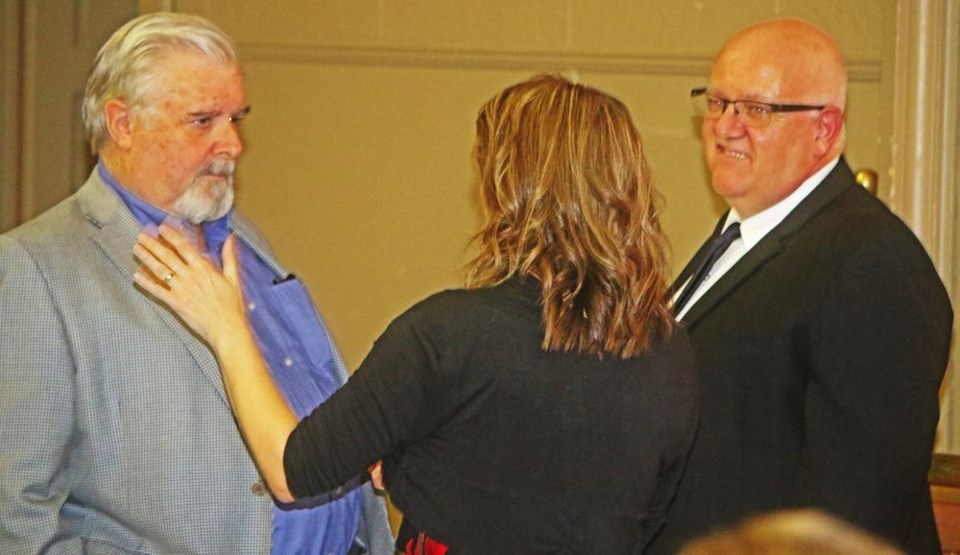WEYBURN – The 2022 federal budget is projecting a deficit of $52.8 billion this year with $452.3 billion in new spending, but for all of the spending, it’s “a little short on plans,” said Larry Heggs, executive director of the Weyburn Chamber of Commerce.
He was reacting to the budget brought down on Thursday afternoon by federal Finance minister Chrystia Freeland in the House of Commons.
“Some of the outcomes within the plan aren’t necessarily bad, but it’s the plans to get to the end that continue to be a problem with this government,” he said.
Pointing to the example of the government’s provision of a tax credit for carbon capture and sequestration, Heggs noted there is no allowance whatsoever for carbon capture to be used in the enhanced recovery of oil.
“This government talks about the need for clean oil, so I really struggle with this,” he said, noting there is no cleaner source of oil than what is produced here in Saskatchewan.
The growing national debt is a concern for the Chamber too, said Heggs, and commented, “There has to be a day of reckoning. It’s going to get harder for this country to borrow any money, and if you continue to print money, that devalues your currency.”
On a positive note, Heggs said he was pleased the government is recognizing the need for labour to help the economy along in a post-COVID world, as they are providing a $4,000 tax deduction for tradespeople, with the hope this will help attract people to the community.
He also sees potential in the green bond framework, which is a funding platform with tax credits for green initiatives, although the government is excluding nuclear power as a green initiative.
A concern are plans for a dental plan and pharmacare, which as he sees it has the government interfering with private businesses.
“There are social programs and insurance plans that can help provide what people need. With this plan, and the tax on big banks and insurance companies, what does that say to the world? If you do really well in Canada, we’ll tax you, instead of incentivizing them to do well,” said Heggs.
Meantime, Mayor Marcel Roy had a number of concerns, including the budget for military spending falling short of the mark set by Canada’s agreement with NATO for two per cent of the country’s GDP. This budget brings Canada’s spending to 1.5 per cent of the GDP.
In regard to the government’s proposal to make electric cars more affordable and to help pay for more charging stations, Mayor Roy pointed out that Canada simply does not have the infrastructure anywhere close to being adequate to support all electric cars.
He noted that this province is about to lose their power plants in Estevan and Coronach by 2030, major sources of electricity, and there really is not anything to replace that source of power.
With the ongoing need for transport by truck, ships and planes, “oil is not going away anytime soon,” he added.
Mayor Roy said he also agrees with commentator Paul Martin in saying Saskatchewan is in, or on the verge of, a “Saskaboom 2.0” in terms of large new projects starting up in this province.
The list of commodities that are or will soon be in development range from potash to helium, lithium and uranium, he noted, in addition to the use of carbon capture as the Weyburn-Estevan area has been doing for many years now.
“We’ve got to be ready for this boom, like we haven’t seen here in 40 years,” said the mayor. “The biggest problem will be finding labour. Our youth need to get out of the basement and be ready to go to work.”
Mayor Roy also questioned where the federal government is supposed to get the money for dental care and pharmacare programs, when they’re running a big debt and they’re intent on shutting down the very resources providing them with tax dollars right now.
“They’re living in a dream world, where we can just keep borrowing money and spending it,” he said, adding the hope the provincial government can manage the new developments. He suggested that Saskatchewan might do well to adopt an Alberta-style reduced red tape style of dealing with developments.






